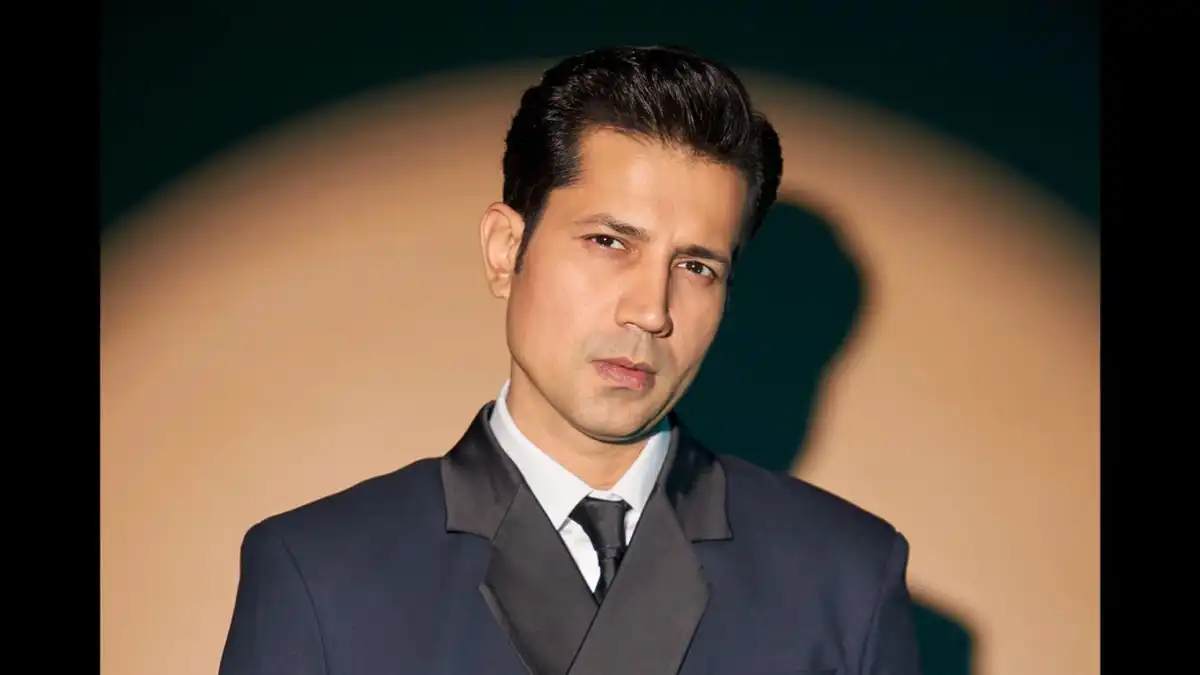Exclusive! Afwaah actor Sumeet Vyas: News is more entertaining than films these days
The actor, who is the protagonist of Sudhir Mishra's film, says that he knew that takers for his film would be limited
May 20, 2023

The Kerala Story and Afwaah released on the same day, but the box office results for both films were completely different.
While controversy may have helped The Kerala Story become a hit, Afwaah, a political satire, suffered a blow at the box office.
We caught up with Sumeet Vyas, the protagonist of Afwaah, recently, and one question that we asked him was if he was expecting such a response for his film.
Sumeet told OTTplay, "So, we made a political satire and put out a voice that is critical of the system. Our generation is not exposed much to the genre of political satire in films or literature. Earlier, there used to be a dedicated section for political cartoons in newspapers, where the cartoonist would give their satirical take on the existing authority or politicians. That was a celebrated art form. Even politicians were appreciative of such comments. One has to understand that satire is neither mocking nor trolling. It is a humorous or satirical take on a socio-political situation that the artist is well aware of. Such satire intends to start a conversation without pulling someone down; it is an opinion piece that makes the viewer or reader think in a different way. So, yes, we knew that takers for such a story were limited."
So, how does Sumeet feel about the changing trends in film viewing? Is it only stars and controversy that are luring audiences to theatres?
"To be honest, even I don't go to theatres to watch films as much as I used to earlier. We are becoming a generation that doesn't have FOMO when it comes to watching a film or experiencing a hatke kahaani, kyunki sab ke haath mein phone hai. So, watching a film in a disciplined manner doesn't really exist now. Also, I have noticed that news is more entertaining than films these days, so why would people go to a theatre to watch films? (laughs)"
Directed by Sudhir Mishra and produced by Anubhav Sinha, Afwaah also stars Nawazuddin Siddiqui, Bhumi Pednekar, and Sharib Hashmi.
Share